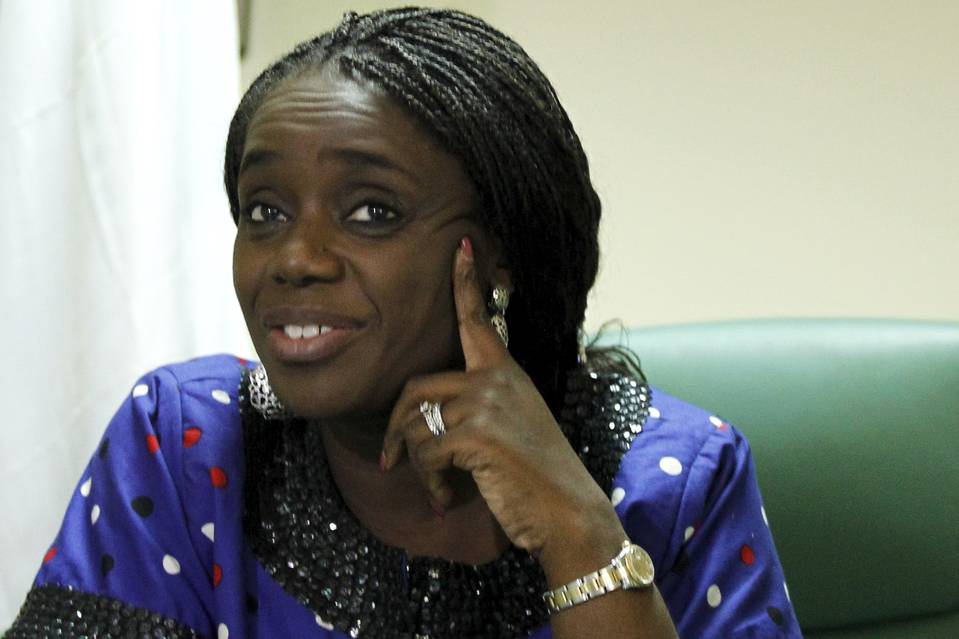- FG Releases Pricing for $2.5bn Fifth Eurobond
The Federal Government on Thursday announced that it had priced its offering of $2.5bn aggregate principal amount of dual series notes under its Global Medium Term Note Programme.
The Notes comprise a $1.25bn 12-year series and a $1.25bn 20-year series.
A statement released on Thursday night by the Ministry of Finance said the 12-year series would bear interest at a rate of 7.14 per cent, while the 20-year series would bear interest at a rate of 7.69 per cent.
In each case, the statement said it would be repayable with a bullet repayment of the principal on maturity.
The offering is expected to close on February 23, 2018, subject to the satisfaction of various customary closing conditions.
The Federal Government, according to the statement, will use the proceeds of the Notes for the refinancing of domestic debts.
The bond, it added, represented Nigeria’s fifth Eurobond issuance, following those of 2011, 2013 and two in 2017.
The statement read in part, “The offering has attracted significant interest from leading global institutional investors with a peak order book of over $11.5bn.
“When issued, the Notes will be admitted to the official list of the UK Listing Authority and available to trade on the London Stock Exchange’s regulated market.”
It added that the Federal Government might apply for the bonds to be eligible for trading and listed on the FMDQ OTC Securities Exchange and the Nigerian Stock Exchange.
It said the pricing was determined following a series of short meetings and conference calls with investors.
Commenting on the pricing, the statement quoted the Minister of Finance, Mrs. Kemi Adeosun, to have said that the government was committed to reducing the country’s debt portfolios.
She stated, “Nigeria is focused on reducing the cost of our debt portfolio and ensuring that we have the optimal mix between domestic and international debts.
“The proceeds of the issuance, which will supplement the issuances we completed in 2017, will be used to re-finance domestic debt, which is high cost and short-term, with lower cost international debt, with a longer tenure.
“We will have a range of Eurobonds in issue, encompassing five-year, 10-year, 12-year, 15-year, 20-year and 30-year bonds, giving investors a full basket of options to participate in. ”
Also commenting on the pricing of the bond, the Director-General, Debt Management Office, Patience Oniha, said with the successful pricing of the fifth Eurobond, Nigeria’s status as an issuer of Eurobonds with a strong and diverse investor base had been further consolidated.
She added, “This time, Nigeria has priced a new 12-year bond at a yield of 7.143 per cent and a 20-year bond at a yield of 7.696 per cent, both of which are consistent in price with our existing portfolio.
“I am particularly pleased that the issuance will enable us to refinance a portion of our existing domestic debt portfolio, with external debt at considerably lower cost, but also that the impact of the process has already led to a reduction in the cost of domestic borrowing, and so a double benefit for the cost of our broader debt portfolio.
“Lower domestic rates will also benefit corporate borrowers.” she added.


 Forex3 weeks ago
Forex3 weeks ago



 Naira2 weeks ago
Naira2 weeks ago
 Billionaire Watch2 weeks ago
Billionaire Watch2 weeks ago




 Naira2 weeks ago
Naira2 weeks ago




 Naira2 weeks ago
Naira2 weeks ago






 Naira4 weeks ago
Naira4 weeks ago


 Naira1 week ago
Naira1 week ago






 Naira4 weeks ago
Naira4 weeks ago





















